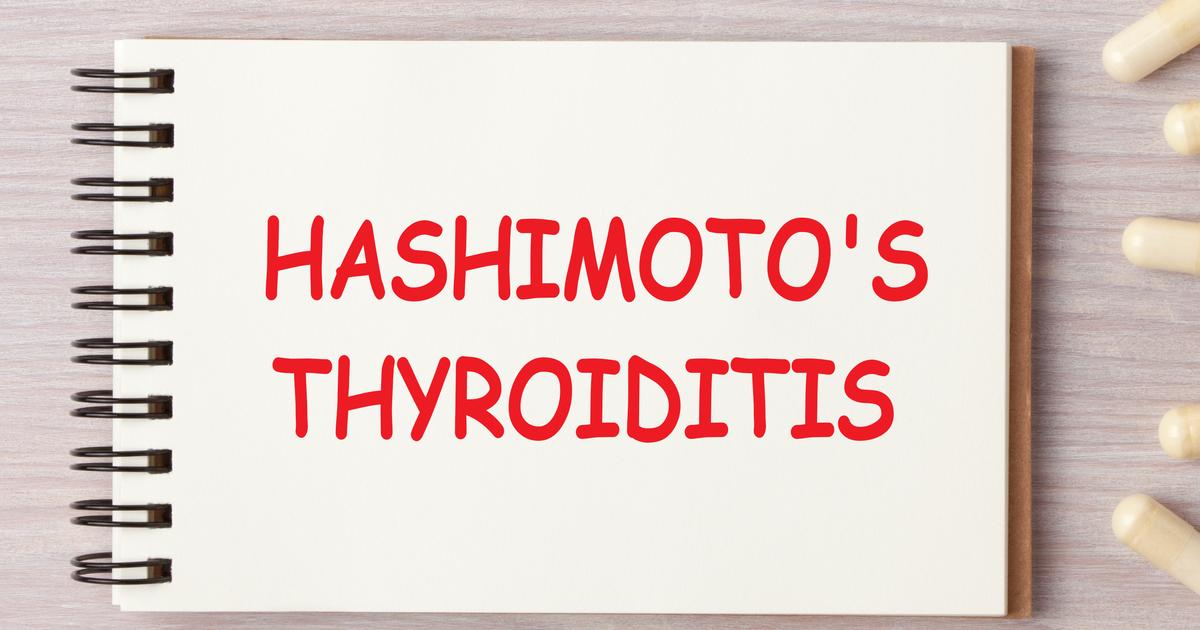Guide To The Causes, Risk Factors, And Complications Of Thyroid Nodules
Thyroid nodules are lumps or growths in an individual's thyroid gland above their breastbone and at the base of their neck. The majority of thyroid nodules do not produce symptoms or cause any issues. However, some nodules can make it hard for a patient to swallow correctly, breathe well, and produce a healthy amount of thyroid hormone called thyroxine. Thyroid nodules that produce excess hormones can result in symptoms such as unexplained weight loss, tremor, rapid heartbeat, increased sweating, and nervousness. Thyroid nodules can be identified through the use of a physical examination, thyroid function tests, thyroid scans, ultrasonography, and fine-needle aspiration. Thyroid nodule treatment is dependent upon the type of nodules and the symptoms they produce, though common methods include thyroid hormone suppression therapy, surgery, radioactive iodine, anti-thyroid medications, and alcohol ablation.
Thyroiditis

An individual's pre-existing thyroiditis can cause them to be at a higher risk of developing nodules in their thyroid gland than those not affected by thyroiditis. A form of thyroiditis called Hashimoto's thyroiditis has proven to have a strong association with the development of nodules in a patient's thyroid gland. Hashimoto's thyroiditis is the most prevalent cause of hypothyroidism in the general population. Thyroiditis or inflammation that occurs in the thyroid causes damage to the cells that make up the gland. The body responds and heals the damaged tissues in the thyroid. In some cases, an individual's body will produce an overgrowth of new thyroid tissue cells by mistake during this healing process. This overgrowth of thyroid tissue is referred to as a thyroid nodule. Thyroid nodules are more likely to develop in women who have a pre-existing condition that affects the thyroid gland than they are to develop in men affected by a pre-existing thyroid condition.
